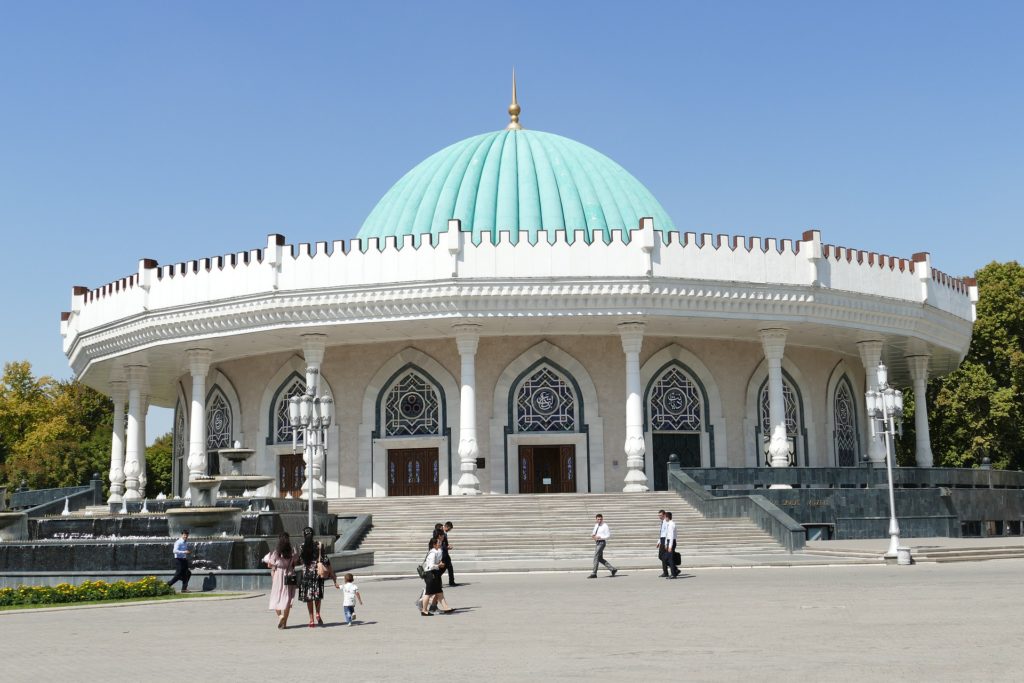TASHKENT
Rothschild & C0, one of the leading international financial advisory groups, will prepare Uzbekistan’s state energy firm Uzbekneftegaz for Initial Public Offering (IPO) and will help another state company, Uztransgaz, to develop a loan portfolio and a detailed schedule of its refinancing, state companies said.
Rothschild & C0 signed agreements with both state companies.
The agreement with Uzbekneftegaz is a part of the state-owned oil and gas company’s transformation to become an internationally recognised company and is carried out in parallel with other consultants.
That with Uztransgaz, the state gas pipeline operator, which in 2020 posted a $340 million loss, includes measures directed at fundraising through international loans and diversifying the financing sources for future projects.
In April, Uzbekistan listed several major state-owned enterprises for IPO, a move that will take place in 2021-2023 as a part of its plan to reform the economy.
After more than two decades of economic isolation during which most foreign investments were viewed as a threat, the Central Asian country is making efforts to improve its investment climate. Since the death in 2016 of Islam Karimov, who had led Uzbekistan since before the Soviet breakup, his successor, President Shavkat Mirziyoyev, has made attracting foreign investors one of his top priorities.
Mirziyoyev approved the list of companies to go public in the next three years. The list includes the national air carrier Uzbekistan Airways as well as major companies in energy, mining, banking and insurance. Both Uzbekneftegaz and Uztransgaz are included in the list.
French international investment banks and companies Rothschild & C0, Lazard and Societe Generale will provide assistance in the transformation of state-owned enterprises, public debt management, capital market development, and acceleration of public-private partnership projects.
In April and March, the country put several major state-owned real estate assets up for sale, offering them to domestic and foreign investors.
As well as offering state assets for sale, Uzbekistan also sought to improve its investment climate and restore foreign investors’ trust by setting up a special legal panel for investment and competition issues.
The country’s reform drive has not gone unnoticed. The World Bank has rapidly scaled up to support Uzbekistan, with 21 projects totalling around $3.5 billion – the second largest World Bank programme in the Europe and Central Asia region. The European Bank for Reconstruction and Development (EBRD) re-engaged with Uzbekistan in September 2018 after a long hiatus, raising its portfolio to 1.8 billion euros.
In June of 2019, the Asian Development Bank approved a new country partnership strategy aligned with Uzbekistan’s national development strategy and allocated a cumulative $4.83 billion for loan disbursement.
Foreign Direct Investment (FDI) in Uzbekistan quadrupled to $2.4 billion in 2020 from just over $600 million in 1998.
The country has also advanced in the World Bank’s “ease of doing business” rankings. It jumped to No.69 from No.87 previously. In the Economic Freedom ranking by the Heritage Foundation, Uzbekistan scored 57.2 points, up from 46 and elevated from “mostly unfree” to the “moderately free” category.

